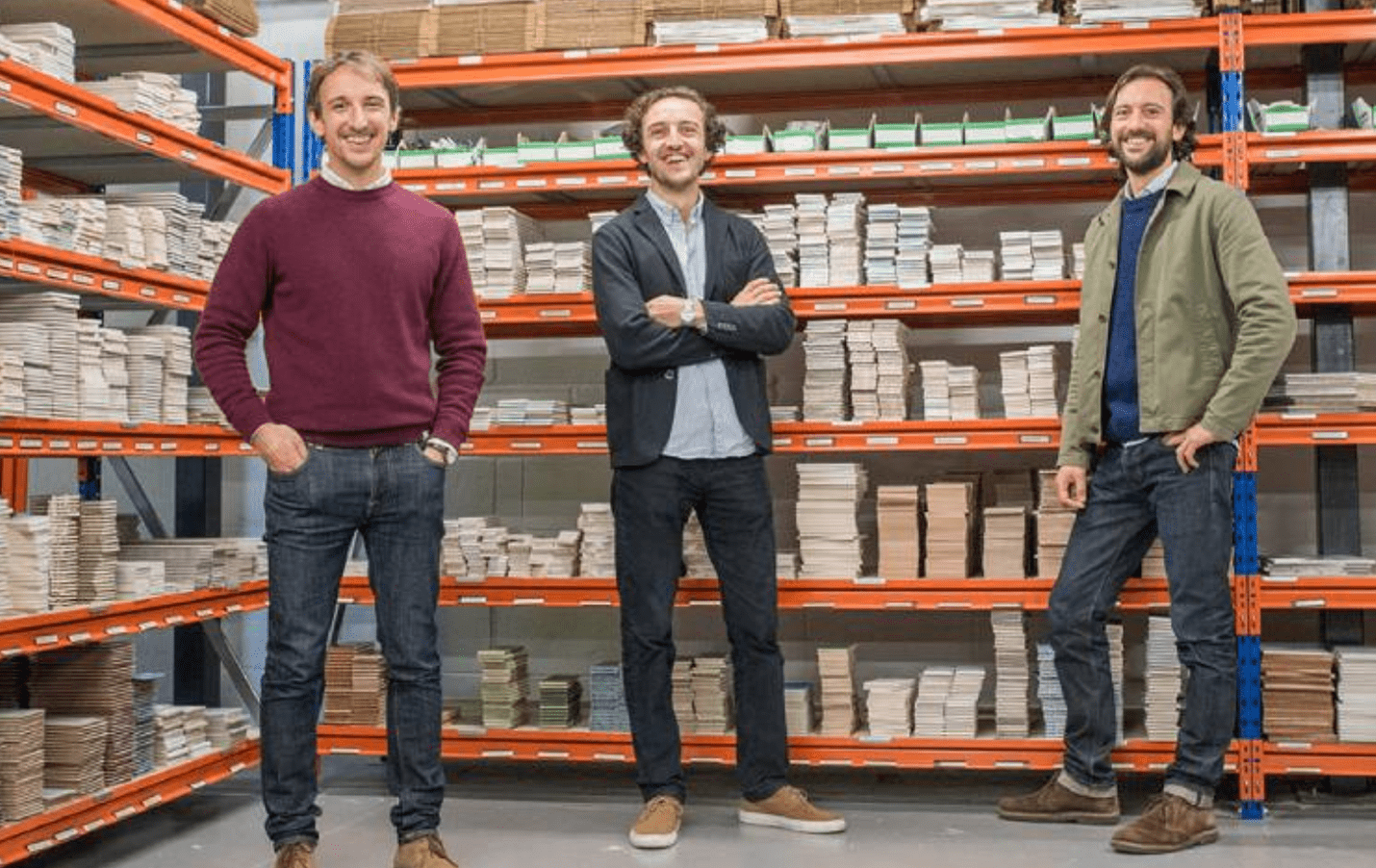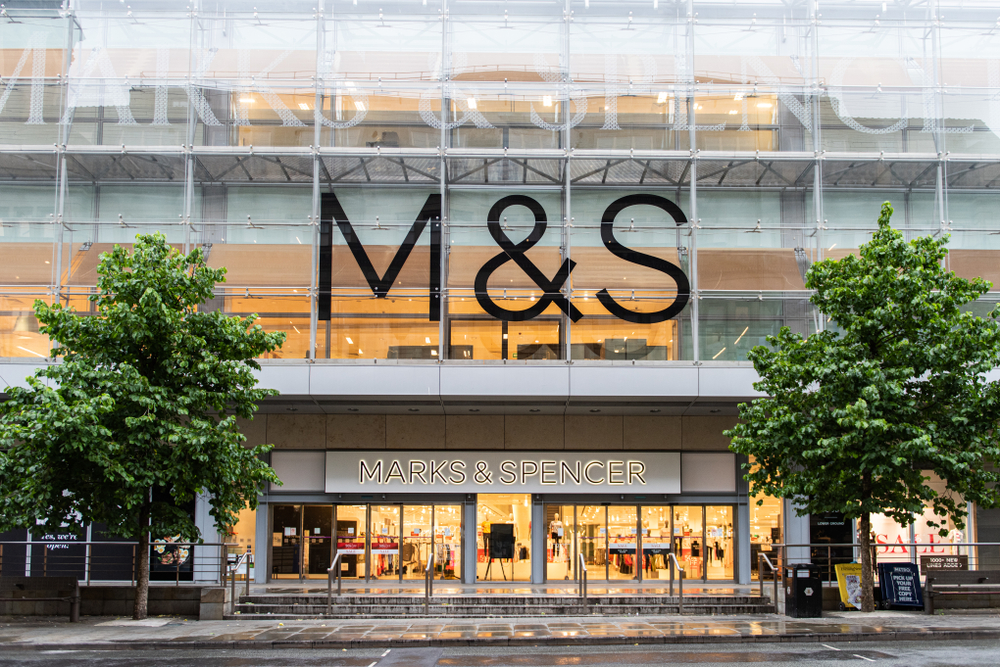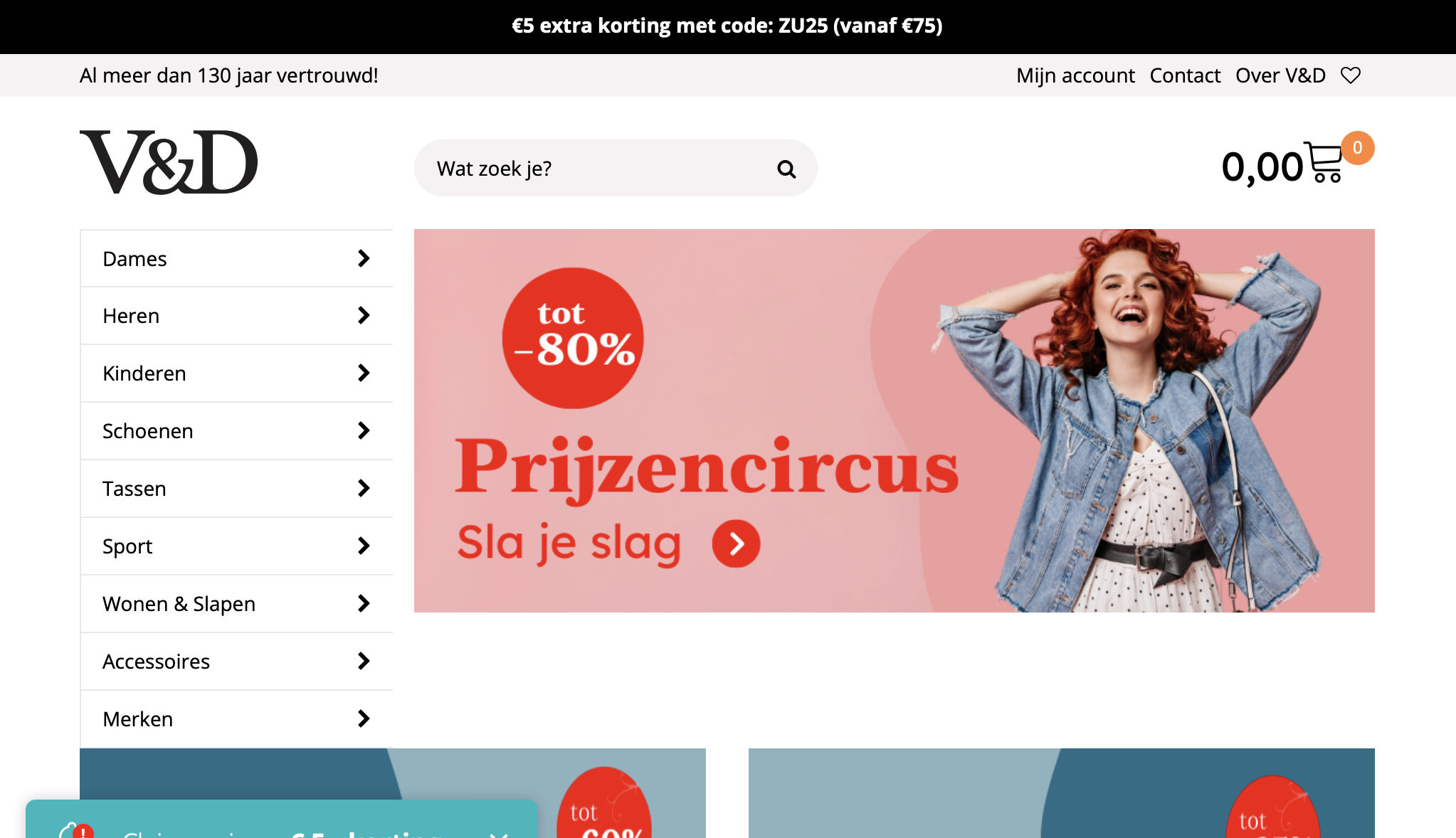Online tile retailer Porcelain Superstore has seen sales rise to £15.9 million in 2022, the Manchester-based family-run business’s eighth consecutive year of growth. Sales also soared by 6% from £15m in 2021. All while most of its clay comes from war-torn Ukriane.
You may not link your bathroom tiles to geopolitics, but the war caused issues for Porcelain Superstore’s raw materials supply, which also hit its main manufacturers in Italy and Spain.
It has also felt the impact of the hike in gas prices and rising mortgage rates resulting in a housing slowdown.
Despite these headwinds, the three brothers behind Porcelain Superstore are confident that 2023 will be another solid year of growth and more profitable due to better management of their pay-per-click sales.
Abbas Youssefi, who founded Porcelain Superstore alongside his siblings Ben and Sam in 2014, says: “Last year was one of consolidation because of huge issues with supplies and a challenging market. We were getting surcharges of up to 40% from the factories which added to our costs. We still bat well above our average and if you are looking for tiles in the UK you will find us. We hope that once customers have shopped with us they won’t go anywhere else for tiles because we pride ourselves in our customer service.
“We have reworked the business so we are spending less money on getting eyeballs on the site which means we will be much more profitable this year.”
Porcelain Superstore, based on the Millbrook Industrial Estate in Wythenshawe, is the only direct-to-consumer tile shop specialising in top quality, well-priced wall and floor tiles for kitchens, bathrooms and outdoors.
A key part of its success has been bringing in retail operations specialists Brightpearl, which transformed their online operation.
Abbas says: “We’ve been able to automate most of our workflows using Brightpearl’s Automation Engine which means we spend so much less time manually processing orders and are able to do more, with less. No more working until midnight. Everything from filtering orders to printing, picking lists and organising shipping is done automatically. Brightpearl is also our source of truth across the business – it connects in real time to our Shopify Plus website and other tools we use like Zendesk.
“We have a relatively high average order value, so customers expect to have any queries responded to quickly. Brightpearl gives our team instant access to stock and shipping information, so almost all queries are resolved immediately.”
Surging sales are controlled by Inventory Planner software which ensures that all the stock is effectively managed and best-selling tiles are readily available.
Abbas adds: “My biggest advice for brands that want to scale up would be to get your tech stack in order. “You need a scalable operating system so you can easily handle spikes in demand and manage your stock, avoiding overstock and out-of-stock events. We can take the business in any direction we like, with zero worries about our back office operations – that’s a great feeling.”
Porcelain Superstore’s year-on-year growth has earned the firm a place for the second year running on Brightpearl’s Lightning 50 league table of the fastest growing online brands. It was one of the top three fastest growing DIY companies in the UK.
Porcelain Superstore calculates it has a 20% price advantage over its brick-and-mortar competitors by being an ecommerce brand.
It makes up for its lack of a showroom by sending out up to 4,000 tile samples every week free of charge so customers can see exactly how tiles will look in their homes.
Abbas concludes: “Samples are our chance to impress a customer and ensure they go on to place an order – it’s imperative we get the process of sending samples right. They have to be picked, packed and shipped quickly, with excellent comms along the way.”
Sales for 2021 were £15 million – more than double 2020’s figure of £6.65 million. The 2019 figure was £3,706,000 – a big increase on 2018’s £2,167,000.









